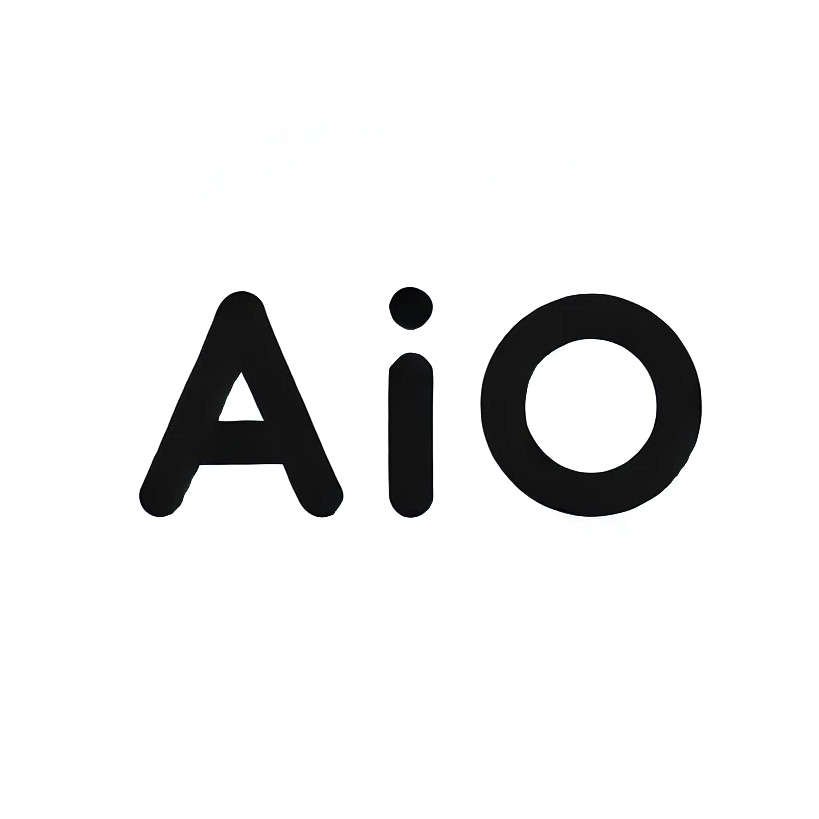The Problem with Traditional SEO
Search Engine Optimization (SEO) has long been the foundation of digital visibility. Businesses relied on **keywords, backlinks, and Google’s algorithm updates** to rank their websites. However, **AI-driven search engines** are changing everything.
With the rollout of **Google’s Search Generative Experience (SGE), Bing AI Search, and Perplexity AI**, traditional search results are being replaced by **AI-generated answers.** If your website isn’t optimised for AI search, it’s being pushed further down the results—sometimes off the first page entirely.
This change means that **traditional SEO techniques are now outdated**—they prioritise old ranking methods rather than adapting to AI-driven searches. At Links London, we realised we needed a completely new approach.
Introducing AIO: Adaptive Intelligence Optimisation
To future-proof our website, we developed **AIO (Adaptive Intelligence Optimisation).** Unlike traditional SEO, which focuses on **keyword ranking**, AIO is built for **AI-powered search engines.**
What Makes AIO Different?
- 🔍 **Entity-Based Search** – AI search engines prioritise **concepts and relationships**, not just keywords.
- 📊 **Structured Data Integration** – AI needs structured and readable data, not just text.
- 🖼️ **Multimodal Optimisation** – AI search engines process **images, videos, and voice search**, not just text.
- ⚡ **Continuous Adaptation** – AIO updates dynamically based on AI search patterns, unlike static SEO.
Simply put, **SEO ranks for Google, while AIO optimises for AI-driven search results.**
How AIO Works for Links London
To ensure **Links London stays visible in AI-driven search**, we’ve completely changed our approach to content optimisation.
1. AI-Readable Content Structure
We’ve redesigned our **website pages, blog posts, and product descriptions** to follow a structure that AI can easily process. This includes:
- ✅ **Entity-first descriptions** (not just keywords).
- ✅ **FAQs structured for AI-driven answers.**
- ✅ **Internal linking** to help AI understand site structure.
2. Multimodal Optimisation
AI-powered search doesn’t just read text—it analyses **images, video, and voice searches.** To optimise for this, we’ve:
- ✅ Added **alt-text and metadata** to images for AI discovery.
- ✅ Created **AI-friendly video descriptions and captions.**
- ✅ Ensured **YouTube and TikTok videos are optimised for AI search.**
3. Continuous AI Search Monitoring
Unlike SEO, which is static, AIO continuously evolves. We track **AI search responses, Google SGE, Bing AI, and Perplexity AI results** to ensure our content remains discoverable.
4. AI-Powered FAQs
Right now, **AI search engines prioritise FAQ-style content** when generating responses. To stay ahead, we’ve structured our pages with:
- ✅ **Detailed FAQs** answering common questions.
- ✅ **No hidden content** (AI ignores drop-downs and accordions).
- ✅ **AI-structured question-answer formats** for generative results.
See AIO in Action: Watch Our Video
Want a behind-the-scenes look at how we built **AIO for AI-driven search**? Watch our latest video where we break down:
- ✅ Why traditional SEO is failing.
- ✅ How AI search engines prioritise content.
- ✅ The **AIO framework** we developed to future-proof our rankings.
🎥 **Subscribe to our YouTube channel** for more updates on AI search and jewellery restoration!
Is Your Website Ready for AI Search?
SEO is **no longer enough**—AI search engines are rewriting the rules. If your business isn’t adapting, **you’re already falling behind.**
🚀 Key Takeaways:
- ❌ **SEO alone is outdated.** AI search engines prioritise **entities over keywords.**
- ✅ **AIO is the future.** Structured, AI-readable content is essential.
- 📈 **AI-driven search is multimodal.** Your website must be optimised for **text, images, and video.**
- 🔄 **Continuous adaptation is key.** AI search evolves constantly—your content should too.
📢 What’s Next?
At Links London, we’re leading the way with **AIO (Adaptive Intelligence Optimisation)** to stay ahead in the AI-driven search revolution.
💬 **What do you think?** Are you seeing changes in search rankings? Drop a comment below with your thoughts!

